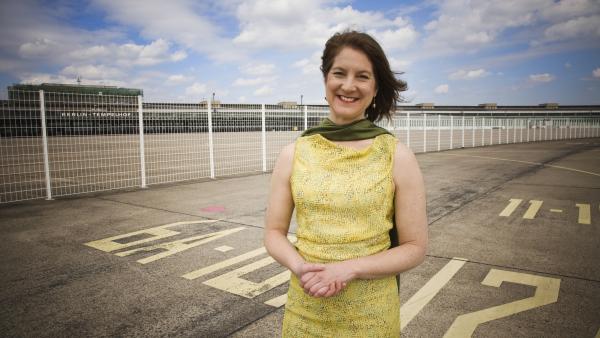
Anne reflects on saying goodbye to TTBOOK after 35 years. And Steve talks about his interview with Jane Goodall, and why the minds of chimpanzees have always fascinated her. She’s the rare scientist who talks openly about her own spiritual experiences.More































